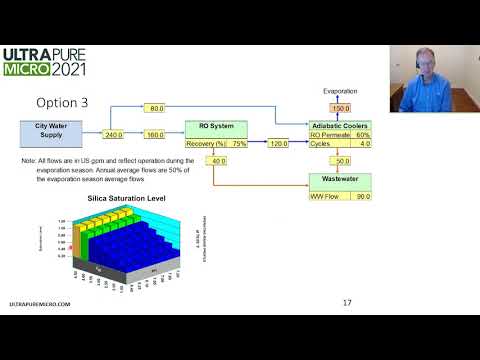Benefits of RO Brine Recycle in Power Stations
Date Published: 2016 | Technical journal archive
Log in or Join UltraFacility to access this content
To access our resources you will need to be a member of UltraFacility, log in to your account or purchase a membership to view this content.
Already have an account? Log in
Tubular membrane microfiltration and the associated pretreatment chemistry pose as applicable approaches to tackle Reverse Osmosis (RO) (RO) brine management issues. Due to the sizeable volume and complex properties of RO brine wastewater produced, major regulatory, environmental and economic challenges in managing this by-product have resulted, impacting the power industry. The need for clean water in addition to reduced RO brine disposal options have propelled membrane technology improvements for reuse and recycle of this wastewater stream. This article describes the main challenges which need to be addressed and overcome by the power industry surrounding the disposal of this by-product and highlights the roles of tubular membrane microfiltration and the associated pretreatment chemistry.


